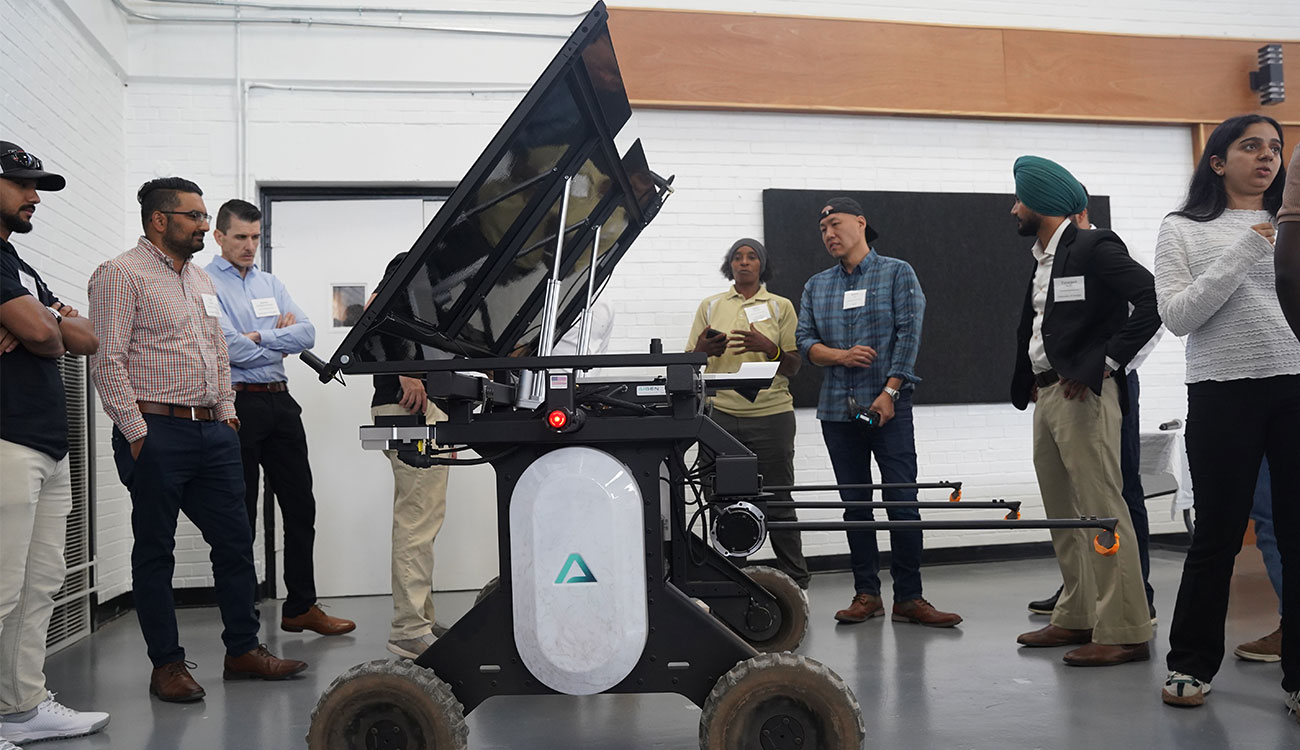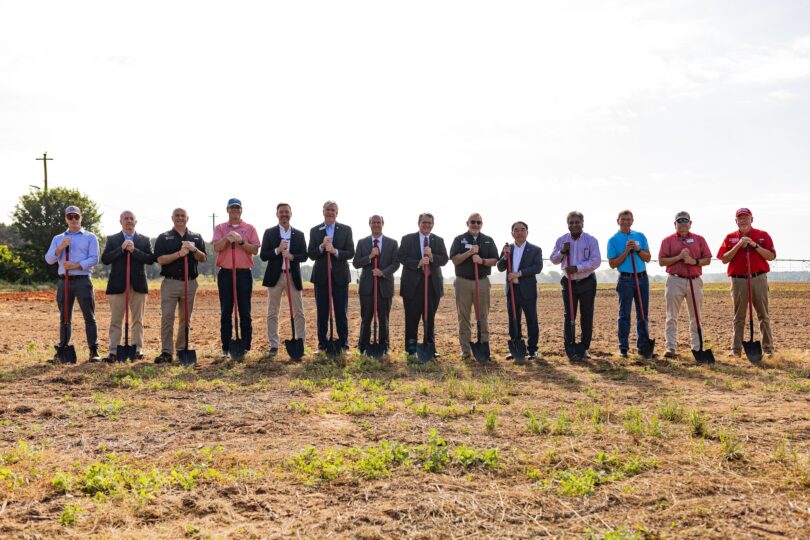Referendum A would exempt heavy farm equipment from local property taxes. Farmers would no longer have to pay ad valorem taxes on their tractors, combines and most other farm equipment (pickups used on the farms would still be taxed).
Some reports have claimed this tax relief for farmers would transfer the tax obligation to other property owners in rural areas. This claim may be true, but the resulting distribution of the tax burden will be more equitable than it is now.
Enhances Local Tax Fairness
Referendum A actually enhances local tax fairness.
Normally, as an economist, I don't favor such targeted tax cuts designed to benefit a specific group. Such policies tend to distort the efficient working of our (supposed-to-be) free market economy. However, in this case, we have clear evidence that such tax relief is warranted on equity grounds.
A University of Georgia study showed that for two representative Georgia counties (Habersham and Oconee), farm and forest land owners paid considerably more in county property taxes and other fees than they received back in services. In Oconee County, farmers paid $1.06 for each dollar of county services they received. In Habersham County, they paid $1.42 for every dollar of services.
Conversely, homeowners paid only 92 cents in Oconee and only 81 cents in Habersham for every dollar they received in services. These numbers don't even include taxes paid for schools -- just those for local governments.
If schools are included, farmers are overpaying by even more. In fact, more than 70 such studies have been done nationwide, and in every case, farmers pay more in revenue than they receive in services.
Tax Relief Wouldn't Be Burden
Statewide, the total tax relief under Referendum A is estimated at $12.9 million per year. In only seven counties is the tax relief estimated to exceed $250,000 per year. In the two most affected counties, Mitchell and Colquitt, the tax relief is approximately 6.5 and 4.8 percent of the total property tax collections, and even less than that of the overall county budgets.
Looking at this evidence, it's reasonable to conclude that farmers aren't getting an undeserved tax break under Referendum A. They are simply getting a tax burden that's more in line with the services they receive from their local governments.
Such an argument may be why all but three states in the Southeast already have similar legislation.
I suggest that Georgia and its county governments can easily afford this tax relief for farmers. Most important, the new law would actually enhance tax fairness, not reduce it.






